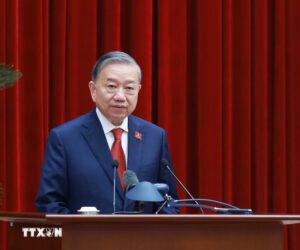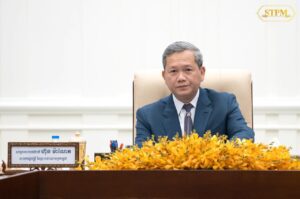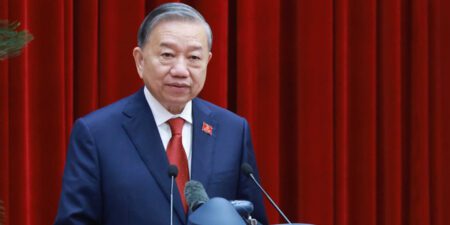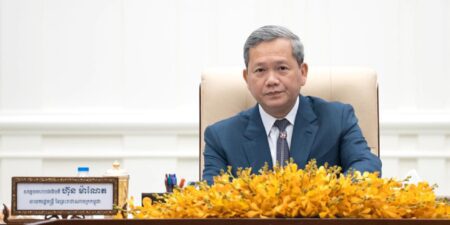
Japan and China Navigate Diplomatic Strain Following Taiwan Contingency Remarks
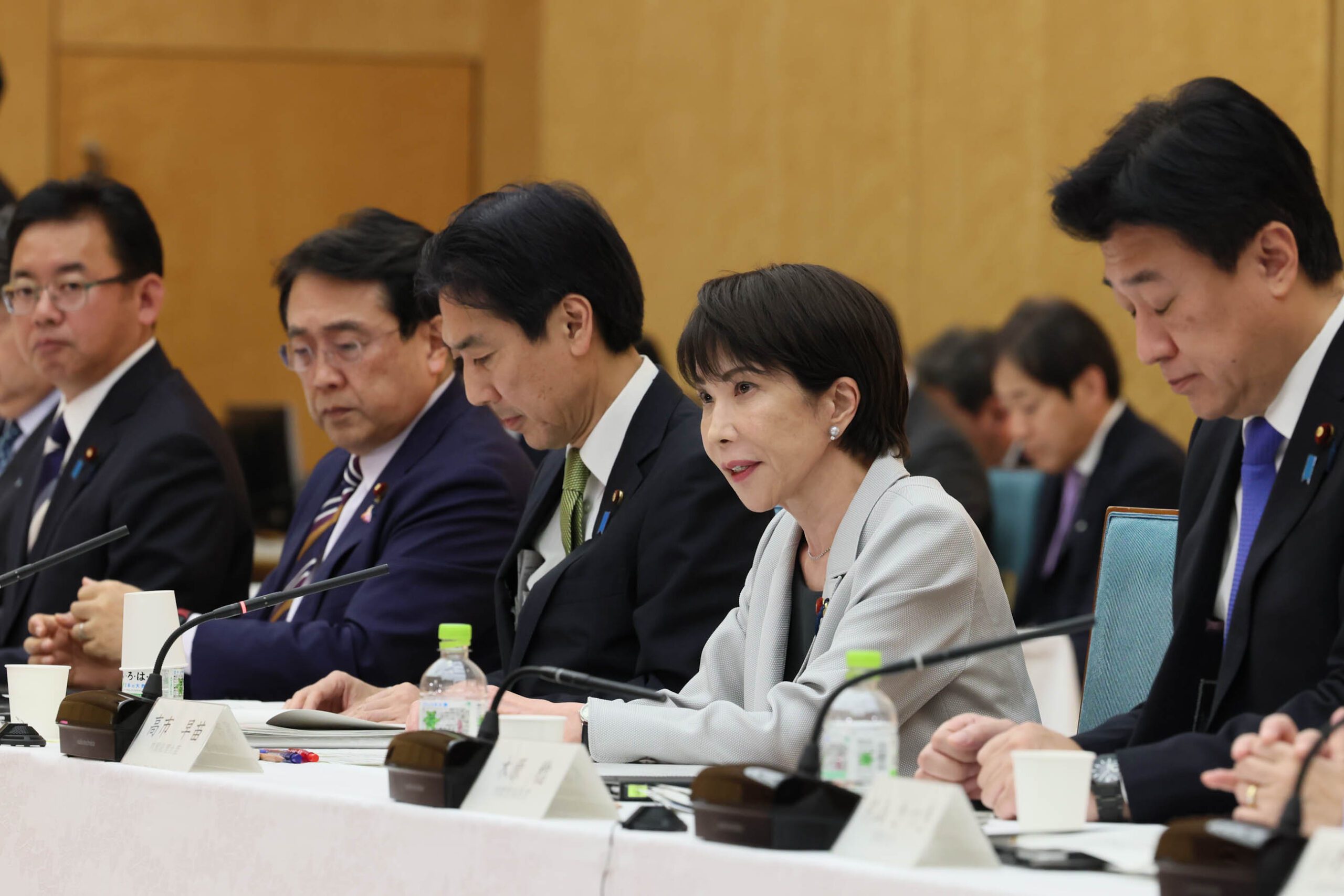
The BGA Japan team, led by Managing Director Kiyoaki Aburaki, wrote an update to clients on rising tension between Japan and China following Prime Minister Sanae Takaichi’s Taiwan Strait contingency remarkskaichi.
Context
- Prime Minister Sanae Takaichi addressed a question in the lower house Budget Committee November 7 regarding Japan’s potential response to a Taiwan Strait contingency — a statement that has since strained relations with China. Responding to Katsuya Okada, a former foreign minister and senior member of the Constitutional Democratic Party (CDP), Takaichi said, “If China were to launch military action against Taiwan and subsequently attack U.S. forces seeking to defend Taiwan, such a situation could constitute a survival-threatening crisis for Japan.” A designation of a “survival-threatening crisis” empowers the prime minister to order the Self-Defense Forces to protect Japan from external armed attack or imminent threat.
- Successive Japanese prime ministers have maintained strategic ambiguity on this question, typically responding that such determinations require a “comprehensive assessment.” Takaichi, however, offered one specific scenario. Even so, she emphasized — consistent with past administrations — that such judgments must ultimately be made comprehensively. Her remarks do not alter the government’s established policy.
Significance
- Takaichi’s statement generated strong reactions both domestically and internationally. CDP leader and former Prime Minister Yoshihiko Noda told reporters November 8 that he was “very surprised” and “felt the risk of her running ahead on her own,” signaling that the issue would be pursued in subsequent Diet debate.
- On the Chinese side, the Consul General in Osaka posted in Japanese on social media, “That filthy head that recklessly rushed forward must be cut off without hesitation,” before deleting the post. The Chinese government on November 14 urged its citizens to refrain from traveling to Japan and to act cautiously regarding study in Japan. It became clear November 19 that China had halted imports of Japanese seafood. The Chinese Foreign Ministry spokesperson criticized Takaichi’s remarks November 21 and demanded their withdrawal if Japan wished to advance the “mutually beneficial relationship based on common strategic interests.” At the Group of 20 Summit in South Africa beginning on November 22, there was no substantive contact between Takaichi and Chinese Premier Li Qiang.
- Meanwhile, after meeting Foreign Minister Toshimitsu Motegi November 20, U.S. Ambassador to Japan George Glass characterized China’s actions as a typical example of economic coercion and made clear that the United States — at both the presidential and embassy levels — supports Takaichi and the Japanese people.
Implications
- Despite the gradual withdrawal trend, more than 30,000 Japanese corporate establishments remain in China — the largest number of overseas bases in any country. These companies continue to play a meaningful role in the Chinese economy and maintain deep cooperative ties with Chinese firms. Stable corporate collaboration forms a critical foundation of the broader Japan-China relationship.
- Although recent developments have cooled bilateral ties, China’s countermeasures remain limited, and there is no indication that Japan intends to place Chinese companies at a disadvantage. In short, both sides continue to share a strategic interest in preventing further deterioration. Beyond political tensions, sustained, pragmatic dialogue — anchored in the mutual benefits of continued business cooperation — can guide the relationship back toward stability. There remains ample room for such an approach. We at BowerGroupAsia believe we can play a meaningful role in fostering the stable and constructive development of Japan-China relations, in turn contributing to a more positive outlook for the global economy.
We will continue to keep you updated on developments in Japan. If you have any comments or questions, please contact BGA Japan Managing Director Kiyoaki Aburaki at kaburaki@bowergroupasia.com.
Best regards,
BGA Japan Team

Kiyoaki Aburaki
Managing Director
Kiyo understands the Japanese business community inside and out from his three decades working for Japan’s most powerful business organization, Keidanren. He covers international trade and investment, defense and aerospace, information technology, entrepreneurship, deregulation and data privacy policy. He also played a leading role in developing and implementing political strategies for the private sector. Kiyo has led Keidanren’s strategic international initiatives since 2013, and most recently headed up the federation’s international engagement. He worked closely with former Prime Minister Yasuo Fukuda to establish Japan’s Track 1.5 dialogues with the United States and China. The dialogues produced important results by strengthening ... Read More
×



















